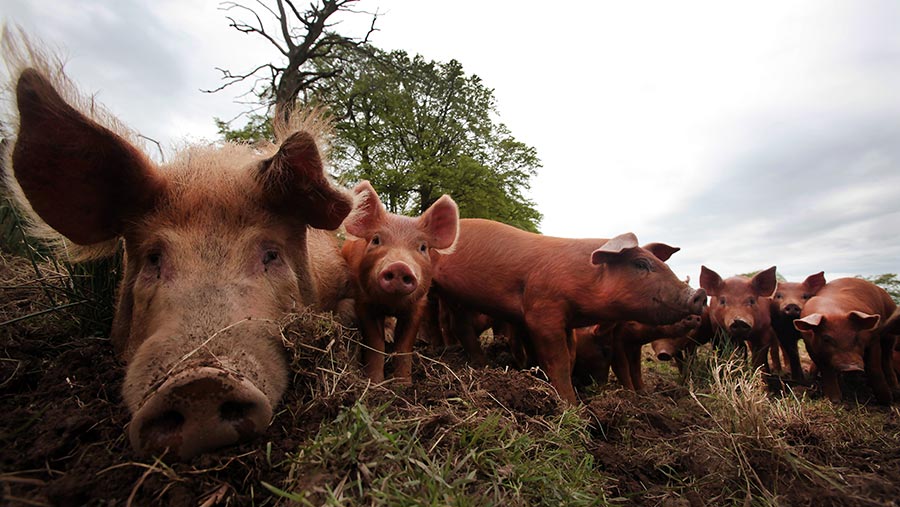Scots abattoir to close after carbon dioxide stocks run out
 © Steve Cox/REX/Shutterstock
© Steve Cox/REX/Shutterstock Doors will close at Scotland’s only pig processing plant at midday (26 June), after stocks of carbon dioxide gas necessary for the stunning process run out.
The Brechin abattoir in Angus, Scotland, will become the latest victim of the continent-wide carbon dioxide shortage that has hit the food and drink sector over the past week.
See also: Pig and poultry producers face slaughtering delays
Brechin, run by Quality Pork Limited in collaboration with processing giant Tulip, processes about 6,000 animals a week. It is seeking a temporary derogation from Quality Meat Scotland (QMS) to allow pigs to be slaughtered in Northern England, but still be labelled as Scottish pork.
The derogation was used by the plant last August after it was closed for four months following a major fire at the facility.
Meat processors and the wider industry were suffering from a lack of information, according to Tulip head of corporate communications Nick Purnell.
“We’re getting the same information as everyone else. An ammonia plant that was closed is expected to come back online by 2 July, but it will be some time before the supply chain is fully replenished.”
Mr Purnell said Tulip’s procurement team were working round the clock to secure what little stocks of carbon dioxide were available to the UK and that animal welfare remained the highest priority for the company.
“We’re urging producers to maintain open lines of communication with us and to continue to work to ensure high standards.”
Creaking at the seams
Abattoirs around the UK were “creaking at the seams” as carbon dioxide supplies continued to dwindle, according to British Meat Packers chief executive Nick Allen, who added that several had just days of supply remaining.
“It’s getting trickier for our members to source carbon dioxide and we’re likely to be in the same situation for the rest of the week,” he said.
Mr Allen added that while some plants could fall back to secondary, electronic stunning systems, many had no plan B and would have to reduce throughputs if the situation did not improve soon.
“If carbon dioxide supplies don’t start coming through soon, we will start to see quite a substantial slowdown in production,” he said.
There are also concerns over animal welfare as the supply chain gets backed up and more and more stock is left on farm.
Warm weather forecast for the next two weeks has compounded the issue, with demand for barbecues and beer expected to peak and with animals requiring extra space to remain cool.
Defra response
Defra has stated it is working towards finding a resolution to the crisis and is consulting with the industry to see if further action needed to be taken.
“The government is aware that there are reports of a carbon dioxide shortage affecting the food and drink sector, and that industry is working to find a solution,” said a Defra spokesperson.
“While this is an issue for industry, the government is in contact with the relevant companies and trade associations, including those within the food and drink sector and main carbon dioxide suppliers.”
